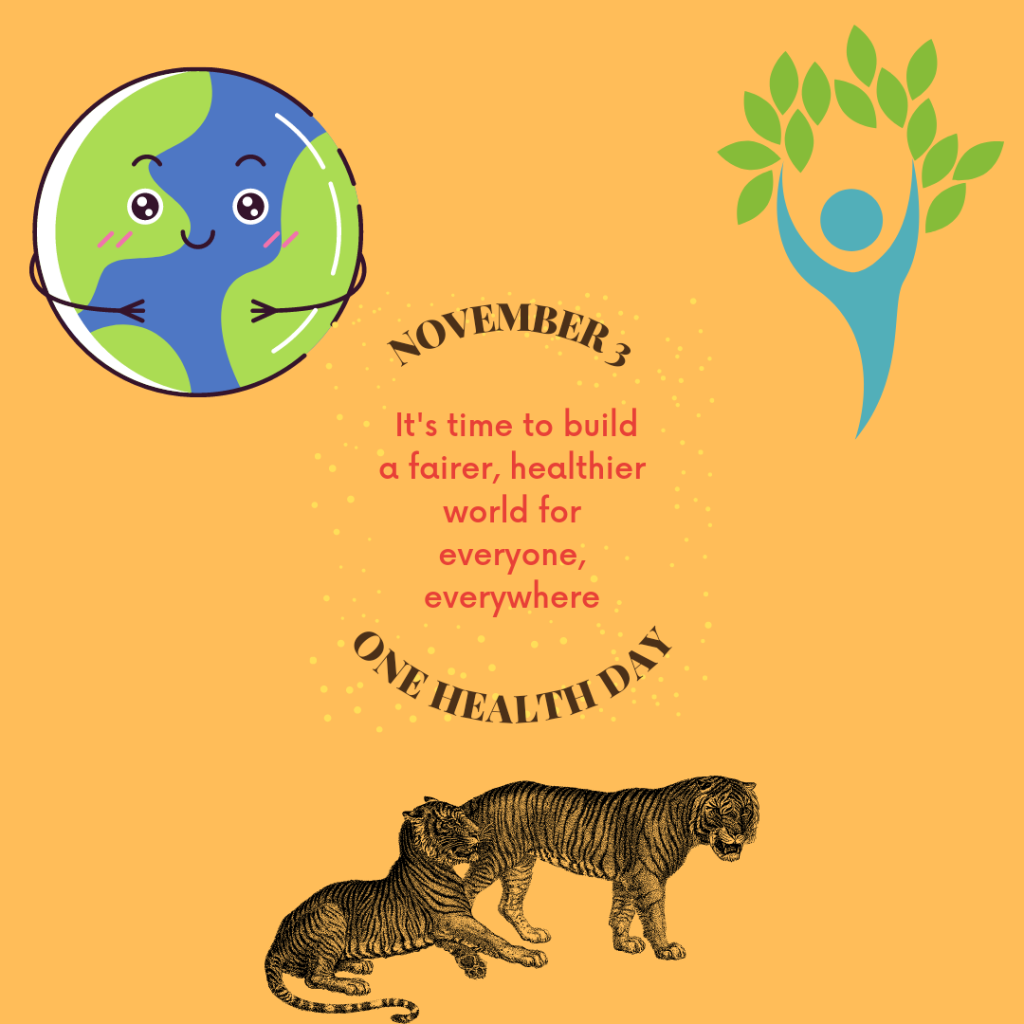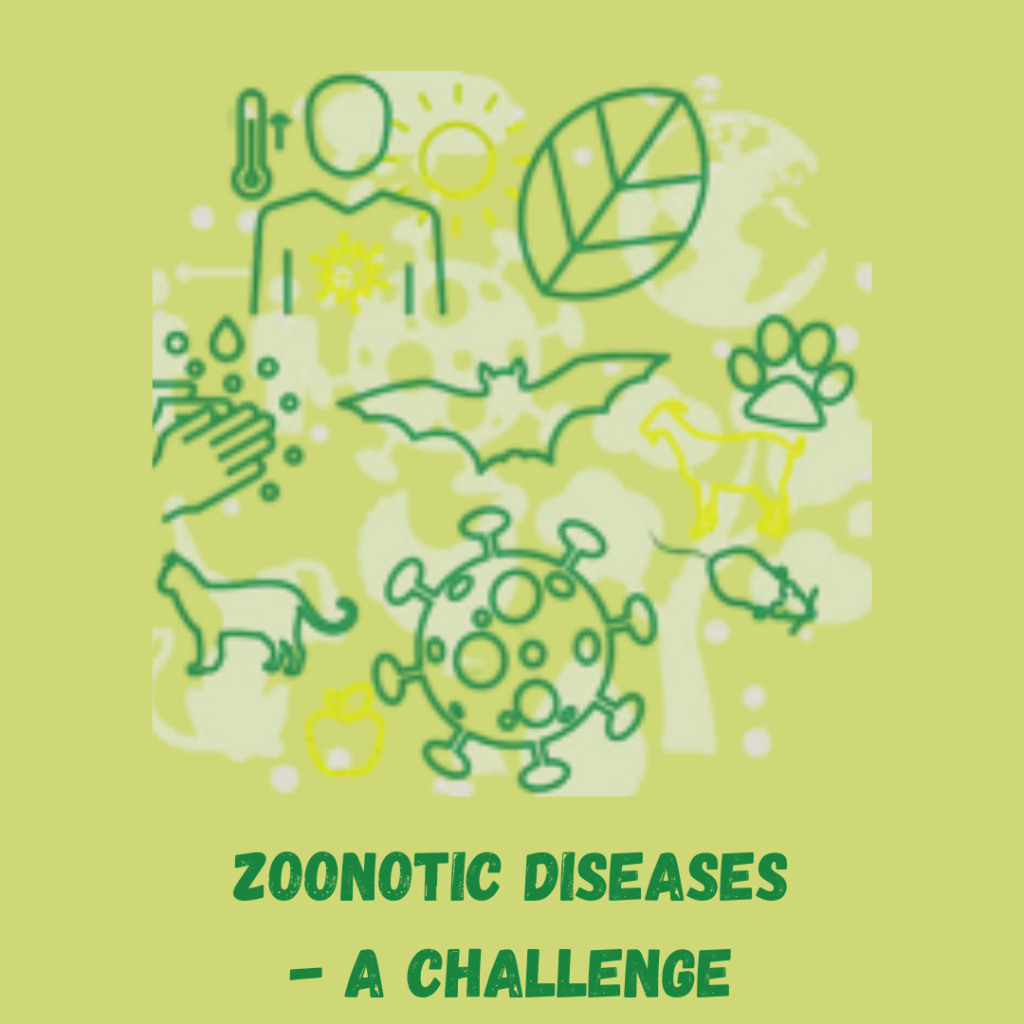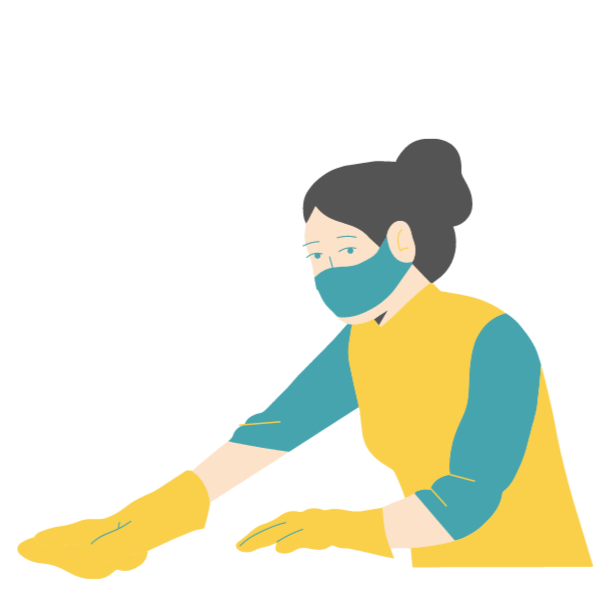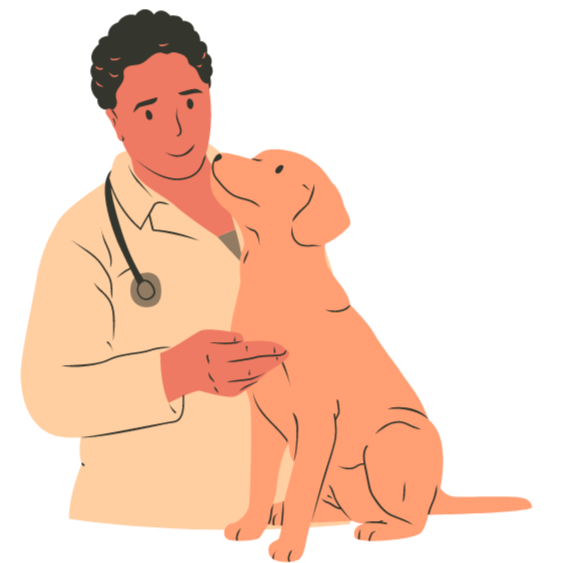One Health is defined as “the collaborative efforts of multiple disciplines working locally, nationally, and globally, to attain optimal health for people, animals and our environment” according to the One Health Initiative Task Force (OHITF).

One Health Day is celebrated to bring attention to the necessity for a One Health protocol which acknowledges that our health and the health of animals are interdependent and closely bound to the shared environment. Although it is not an alien concept, it has gained more significance in recent years.
As the theme of this year says, It’s time to build a fairer, healthier world for everyone, everywhere!
The area that needs the urgent attention and need of the one health approach due to the intricate linkage of the animal-human-environment spheres
Yes, we are talking about the emerging zoonotic diseases!

ZOONOTIC DISEASES ARE THE DISEASES THAT SPREAD FROM ANIMALS TO HUMANS AND VICE VERSA.
A seemingly healthy animal may carry bacteria, viruses, fungi, and parasites which may cause mild to severe illness, even death in human beings. More than 65% of infectious diseases in humans are of zoonotic or animal origin. These spread to human beings through contact which may be direct or indirect like through food, water, or fomites. In late 2019, the new beta coronavirus, severe acute respiratory syndrome coronavirus 2 (SARSCoV2), crossed the animal-human barrier, prompting an international health emergency and a global pandemic! Though the pathophysiology and genomics of the virus are still being studied, there is still some ambiguity if it was originated from bats, snakes, or pangolins. Increased human-animal interactions have increased the likelihood of interspecies infections and overflow events.
LET’S PREVENT THE TRANSMISSION OF ZOONOTIC DISEASES!
So, all the wonderful animal lovers out there, do look out for the below-mentioned points and healthily deal with your animals!
- Always wash hands before and after handling the animals. This also includes washing hands after contact with animal saliva, birth tissue or fluid or other body fluids, animal products (e.g. milk and eggs), after cleaning up animal stables or excrement (poop) and handling animal feed, supplies, bowls or other equipment, after touching objects such as fences, buckets or other devices used on the farm.
- Do not eat or drink beverages in animal areas or where animals can roam.
- Wear overalls, farm-specific clothing, or lab coats when dealing with animals and avoid handling sick or injured animals unless wearing gloves.
- Wear a mask if you are allergic to animal hair or dander, or if there is food or trash dust.
- Do not enter the farms in case of illness due to more susceptibility to other infectious agents and can transmit pathogens to animals!
- Wear gloves routinely when cleaning the animal area.
- Record the progression of a disease. Report any illness and inform your doctor about your animal-related activities.
-Ankita Priyadarshini and Keertti Mohanty (MAGAZINE TEAM, IVSA-INDIA)



